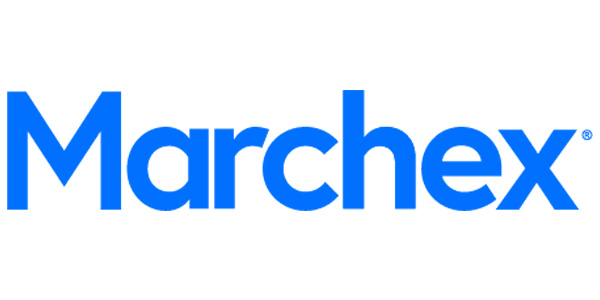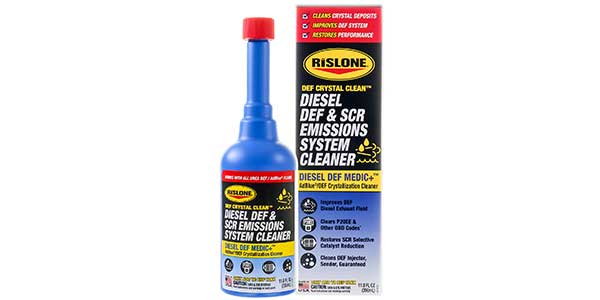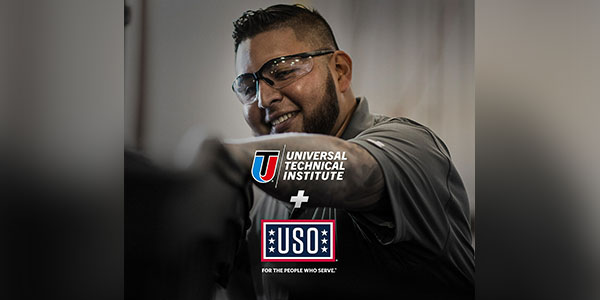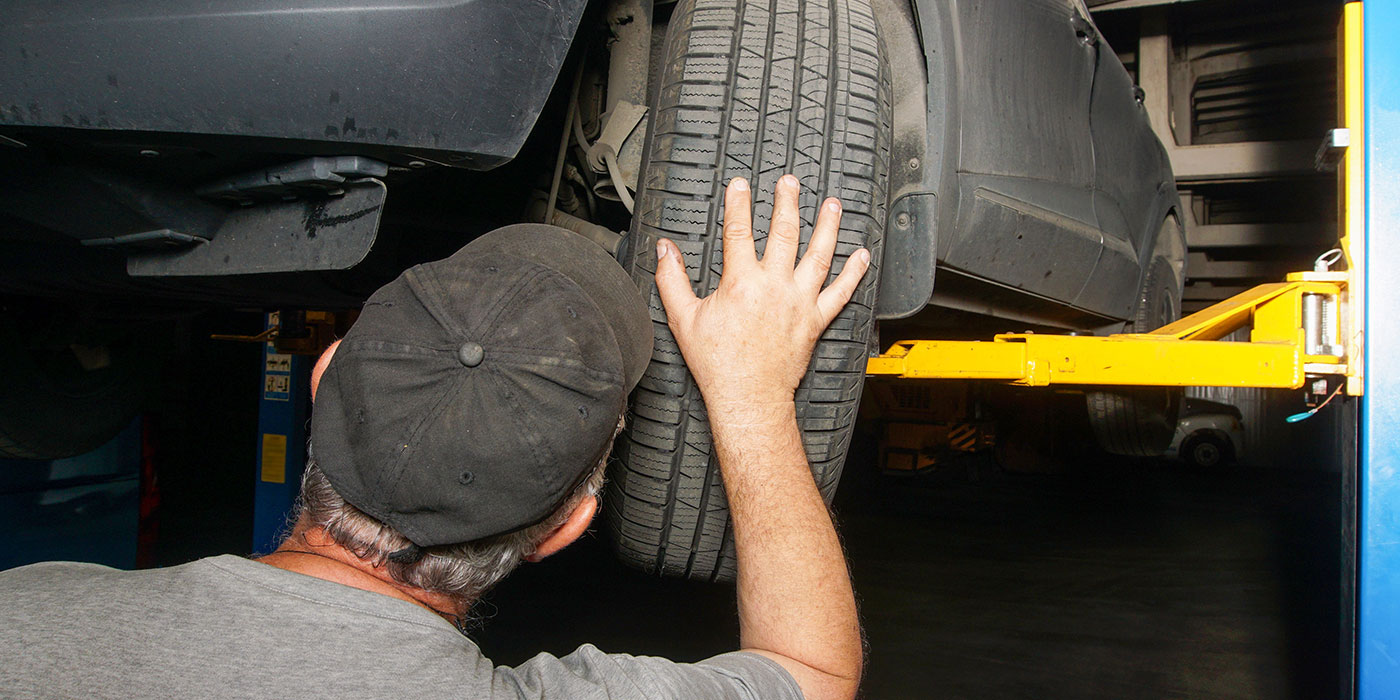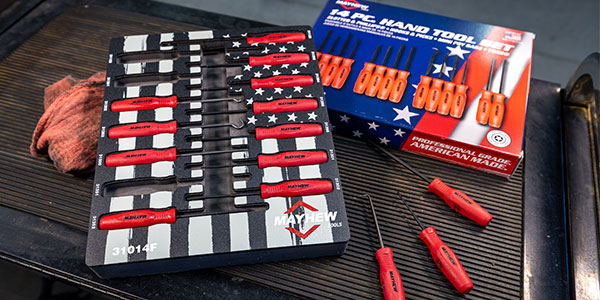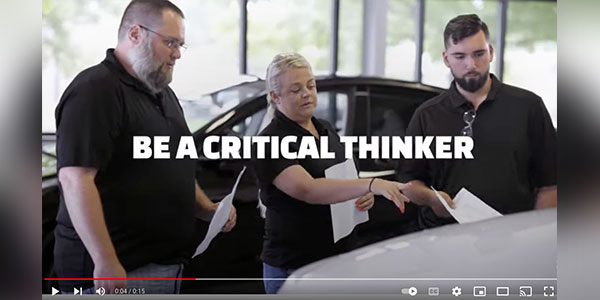Marchex has released findings from a new study based on more than 1.8 million calls placed by consumers to nearly 5,000 stores of auto service providers across the country. The data reveals the significant financial impact of saying “no” to customers.
Using the Marchex script tracking tool, which helps companies understand what transpires on a call between agents and customers, the Marchex Institute measured 50 phrases and variations that implied a negative response to customer questions and how frequently those phrases were communicated. For example, if a store representative said a part was “out of stock” or that a store location had “no appointments,” customers typically reacted negatively.
Key findings include:
- As an industry, auto service providers are losing $110 million per year by saying “no” to their customers. On average, the analyzed auto service stores lost nearly $23,000 in annual revenue per location just by saying “no.” For an auto service provider with over 100 locations, that means an average of $2.3 million annually.
- Agents say “no” nearly 6 percent of the time. In fact, some say no to as many as one out of every 10 customers. The good news is brands say “yes” most of the time, and while 6 percent may seem small, shops are losing business most often because they aren’t staffing or stocking optimally.
- Agents tend to say “no” more often on the weekends. Agents say they don’t have appointments available on weekends 17 percent more often than during the week, and they say they are closed on weekends 24 percent more often than on weekdays. This may be attributed to the fact that auto service brands tend to lighten staffing and shorten hours on the weekends, therefore leaving them unable to meet customer demand on Saturday and Sunday.
- Agents say “no” more often as the week progresses. During weekdays, agents tend to say “no” on an average of 6 percent of calls. That number rises to more than 6 percent on the weekends, resulting from fewer staff and the inability to order parts from manufacturers over the weekend.
- Agents say “no” more often throughout the day. One reason for this is that inventory for requested parts and accessories decreases as sales are made throughout the day. In addition, businesses tend to staff stores more lightly in the evening, resulting in less appointment availability and saying “no” to customers more often.
“These types of insights are critical to identifying problem areas across a business and can be the first step toward a solution,” said Matt Muilenburg, SVP and head of automotive at Marchex. “Companies need to take a closer look at why they’re saying ‘no’ to their customers, consider the revenue loss that results from that, and determine what steps they can take to say ‘yes’ more often.”
Building off these insights, there are a few ways service centers and their frontline agents can improve customer engagement:
- Avoid negative phrases. Marchex data from a previous study shows agents with lower sales rates say “no” twice as often as top performing agents. Avoiding common negative phrases, such as “No, I don’t think I can” or “No, that’s not right,” can help.
- Increase weekend hours and staffing. Increasing weekend hours and staffing results in additional appointment availability and will enable brands to say “yes” to their customers more often.
- Stock up on parts. Having the right inventory on hand decreases the number of times a business says “no” to a customer as the day progresses.
Links:
Marchex

